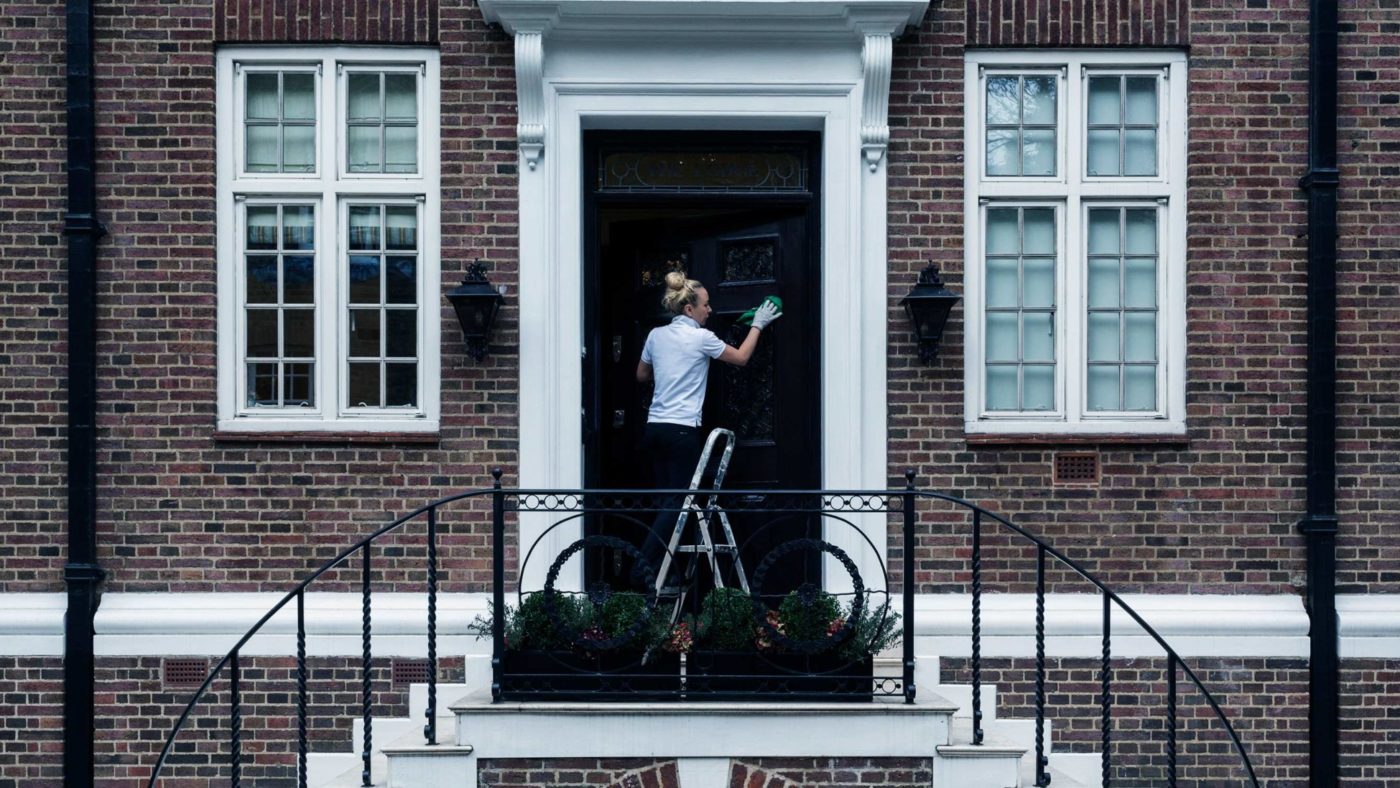To celebrate International Women’s Day, the Guardian proffered an idea feminist academic Airanne Shahvisi, who suggests that cleaners in the UK ought to be paid about £20 an hour.
To get to this number Sahavisi simply takes Britain’s average wage and says that’s what a cleaner should get. This is how she sets about calculating what she claims the wage ought to be.
“An average UK employee earns £518 each week for working an average of 37 hours. Accounting for lunch breaks and statutory paid leave – to which a cleaner is generally not entitled – this means that an average person earns £18.14 per actual working hour. Adding in £3 for a return bus fare, a cleaner should therefore be paid £21.14 to clean for an hour, or £39.28 for a two-hour session (and more for those based in London).”
This is to entirely ignore – if she ever got it in the first place – the point about wages. In a market economy, prices are set to balance supply and demand.
A lot of people who would like to have their homes or businesses cleaned, and are generally prepared to pay around £9 an hour for the labour involved. Just as there is plenty of demand, so there are a lot of people willing to do the job for that wage.
Raising cleaners’ wages for some reasons, moral or otherwise, would simply mean fewer people being willing to pay and more people willing to do the job. We would end up with a glut of willing cleaners and a dearth of clean places, which seems to not be a particularly desirable state of affairs. Again, this is where the price system comes in, matching the number of people willing to do a job with those willing to pay for it.
Even looking at this issue from a purely moral point of view, arguing that cleaning is difficult, unpleasant work and should be paid more, the idea still doesn’t work. True, the idea of a ‘fair price’ goes back as far as Aristotle, and St Thomas Aquinas reintroduced it to Western thought. But, having had another thousand years or so to think about it, it’s pretty clear the concept is misguided. The only ‘fair’ price, the true and fair value, is what someone is willing to pay. That cuts both ways of course, if people are offering wages well below the market rate, they may well find they don’t get the right person for the job, or that no one wants to do it at all.
At the root of the problem here is the failure understand that the economy is positive, not normative. Economics says “this is what is” and not ‘here is what should be’. Of course, it’s possible to describe how the world should be according to whatever set of precepts or morals anyone wants to use. But that doesn’t mean that it is possible to get this world to that point, nor that it will stay there if it can be.
The ultra-left wing dream of a society where all incomes are equal is a fine example of something that sounds great in the abstract, but have never been since in practice and would not last if it did. Countries that have tried to enforce such a system – Cuba, say, or the Soviet Union – have not exactly been renowned for their high standards of living and vibrant economies. The problem again is that without price signals, human labour is not readily directed to where it is most valuable.
Which brings us back to Shahvisi’s contention that cleaners should be paid £20 an hour. It is no moral judgment on what cleaners do to point out that in today’s Britain their labour is not worth £20 an hour. The fact very few are paid such a high amount is proof enough of that. Now, we could introduce some kind of £20 minimum wage for cleaning, but the result would be that most people stopped hiring cleaners at all, which I think most people agree would not be a particularly good thing. Of course, if you’re a Guardian columnist who feels inclined to pay a lot more than the normal rate to outsource your domestic labour, that’s your prerogative – it’s a free country, as they say.
Prices are as they are because this is what, through voluntary interaction, human values and desires have defined as the relative prices of things. They are what emerges from an aggregate of a society’s views – that is not going to change simply through moral appeals or wishful thinking.
Click here to subscribe to our daily briefing – the best pieces from CapX and across the web.
CapX depends on the generosity of its readers. If you value what we do, please consider making a donation.


